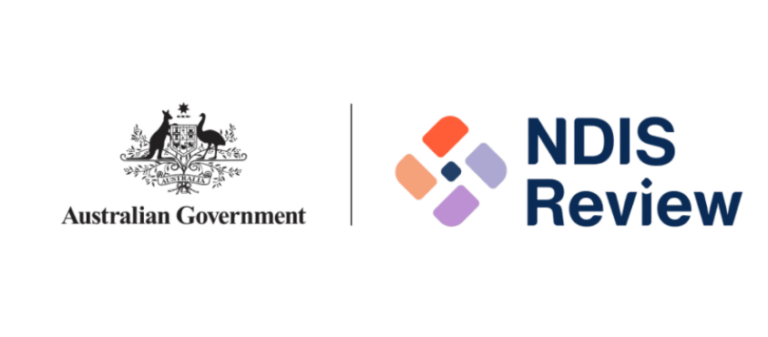The rollout of the National Disability Insurance Scheme (NDIS) has the potential to significantly impact the nature and level of supports that you, as a participant, could be eligible to receive.
It is critically important, therefore, to prepare thoroughly for your initial NDIS plan assessment to ensure that you continue to receive the level of support that you require.
For participants with existing disability supports, it is important to ensure that existing funding supports are maintained and that any further support requirements are clearly articulated.
Now is your opportunity to request the support services that will not only assist with your day-to-day living but will help you achieve your goals – whether that be for greater independence, improved social skills, education and/or employment opportunities.
Our Tips for Preparation
We believe there are several critical things to consider in preparing your initial plan:
Request a face-to-face meeting with your NDIA Planner.
On confirmation of your eligibility for the NDIS, you will be contacted by an NDIA Planner to arrange a time to assess your needs.
Whilst you may be asked to answer questions relating to your plan over the phone, we believe that it is best to request a face-to-face meeting with the NDIA Planner to ensure that you are adequately prepared and to avoid being ‘put on the spot’.
This meeting is vitally important as a tool used by the NDIA to assess the level of funding support that you will be eligible for under the NDIS.
Request that an independent advocate be present at your meeting.
The initial NDIA assessment process can be daunting. To assist the process, you can request the attendance of a support person at your first meeting with the NDIA Planner, such as an Assured Home Care representative or someone else familiar with your current situation and support needs. Your support person can act as a prompt and guide throughout the meeting to ensure that you have ‘covered all bases’.
Don’t assume knowledge.
The NDIA Planner has a role to play in obtaining information from all disability participants in a consistent manner, and in accordance with the requirements of the NDIS. They will not be familiar with your individual situation or be able to interpret or question information beyond that which you provide. Though you may feel it’s ‘stating the obvious’, it is important to provide as much detail about your situation as you can at the meeting.
Familiarise with the NDIS terminology.
When it comes to your support services, the language used by the NDIS can be quite different to what you may currently understand.
The 8 categories of eligible supports under the NDIS are outcomes based and funding is linked to the levels of service supports that will assist you in meeting these outcomes. It’s important to understand how your current, and any further required supports that you have identified, relate to these key outcome areas.
NDIS funding will also depend on your level of need – Lower, Standard or High – and will depend on purpose, whether Core – enabling completion of daily living activities, Capital – an investment in technology, equipment or modifications to home or vehicle or Capacity building – Enables building of skills and independence. It’s important to have an understanding of what these terms mean.
Identify the gaps between your current funding, and what you believe is required.
We recommend preparing a checklist of supports and resources that you require; those supports currently received, and what you believe you need in place to fulfill your goals. It’s important to ensure that all aspects of your care needs are covered. An Assured Home Care representative can help you put together your support checklist.
Identify how you would like your plan to be managed.
A key focus of the NDIS is to give choice and control back to you; how you choose to manage your funded plan, and what support services you choose to engage.
There are three options for managing your plan; you can self manage your plan, appoint an independent Plan Management Provider such as Assured Home Care or have your plan managed by the NDIA.
It’s important to understand that if you wish to appoint an independent plan management provider, that these services are included in your funding request.
Transitioning to the NDIS can seem daunting at first, but Assured Home Care will provide you with assistance throughout the initial plan process to achieve best outcomes.




